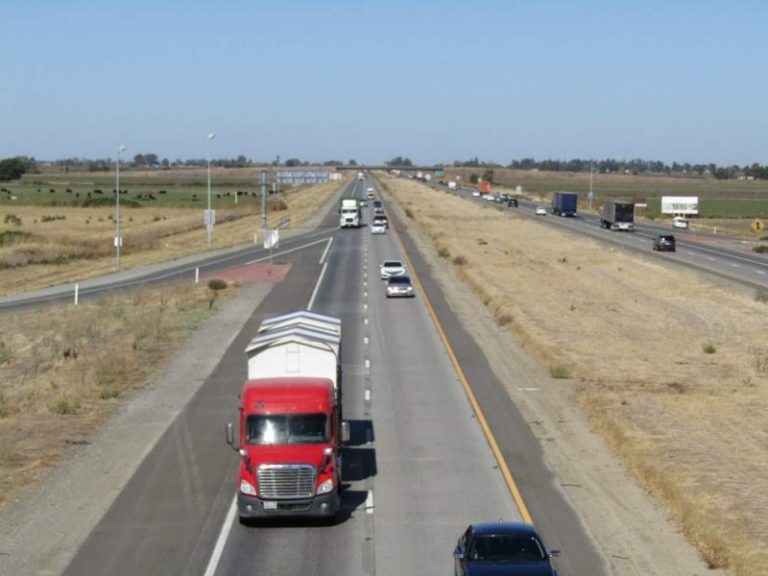What are Semi-Truck Weight Ratings?
Crashes that involve semi-trucks produce some of the most catastrophic outcomes when compared to crashes between smaller passenger vehicles. While pickup trucks, SUVs, and sedans have higher numbers on the roads than semi-trucks, there still are very many big rigs that travel the roads. It only takes one collision between a semi and a much smaller vehicle to lead to devastating and fatal outcomes, with the brunt of the damage being on the smaller vehicle.
You may have noticed scattered throughout the highways signs for weigh stations. Large trucks are required to pull off of the road and be weighed at these checkpoints. The reason trucks are weighed is to ensure safety for the truck driver and all of the other drivers on the road. Overweight big rigs pose even more threats to drivers and so, the Federal Motor Carrier Safety Administration established regulations for truckers to traverse American roads. These regulations address the weight of a large truck and how a truck is loaded.
What are the Regulations for the Weight of Semi-Trucks?
 Every truck manufacturer must clearly mark each of their trucks with the correct Gross Vehicle Weight Rating, or GVWR. The GVWR is posted on the license plate. To determine what an accurate GVWR is the manufacturer has to examine how the truck was made and what features the truck has. Some of these factors that go into the calculation include:
Every truck manufacturer must clearly mark each of their trucks with the correct Gross Vehicle Weight Rating, or GVWR. The GVWR is posted on the license plate. To determine what an accurate GVWR is the manufacturer has to examine how the truck was made and what features the truck has. Some of these factors that go into the calculation include:
- Suspension
- How many axles the truck has
- Powertrain
- Braking ability
- The truck’s frame or structure
When a truck goes to a weigh station, they must come in at or under their posted GVWR. Also, no big rig, unless it is an intrastate truck, should weigh over 80,000 pounds. If a truck does not have a plate, a law enforcement officer will have to believe that the truck is at least 26,001 pounds according to the regulations set forth by the FMCSA.
The weigh stations act as a way to ensure that the large trucks driving on our roads are as safe as possible. They also act as a means of monitoring trucks on the roads. Not every trucker follows the rules, though, and there have been instances when a truck driver doesn’t take action to reduce their truck’s weight when their truck measures heavier than they are rated.
If you were hit and injured or if you lost a loved one from a truck that was overweight, contact the Arizona truck accident attorneys at ELG. We know that truck drivers are responsible for keeping their vehicles properly weighted according to FMCSA guidelines and in compliance with state and federal regulations. The Phoenix truck accident attorneys also know that truck accident cases are tricky and can include many liable parties. For instance, if a truck driver’s employer forces them to overload their truck, the employer may also be held accountable for supplying payment in an Arizona personal injury claim.
Speak with an Arizona Truck Accident Attorney Today
The experienced Phoenix 18-wheeler accident attorneys at ELG know how to mount strong Phoenix personal injury claims that yield the most compensation. Call the Arizona personal injury attorneys at (623) 321-0566 to schedule your free consultation. Remote intake is also available.
Law News Feed
All NewsWho Is Liable for Damages After a Truck Accident?
According to information from the National Highway Traffic Safety Association, more than 2,500 truck accidents occur each year in Arizona. It goes without sayin…
Common Injuries After a Motorcycle Accident
Motorcycle accidents kill or severely injure individuals more frequently than any other type of crash, resulting in immense amounts of suffering and financial d…

